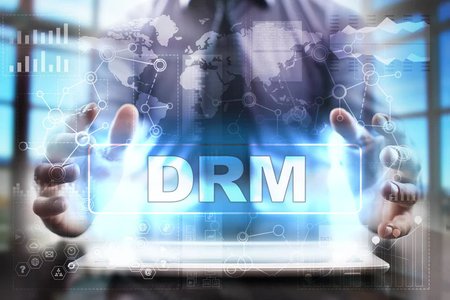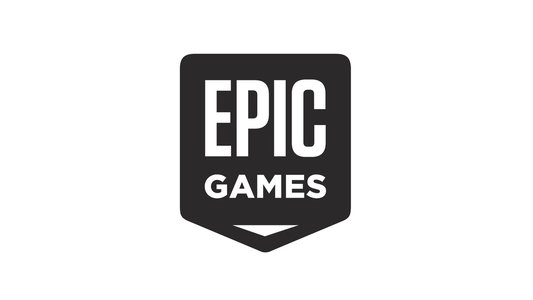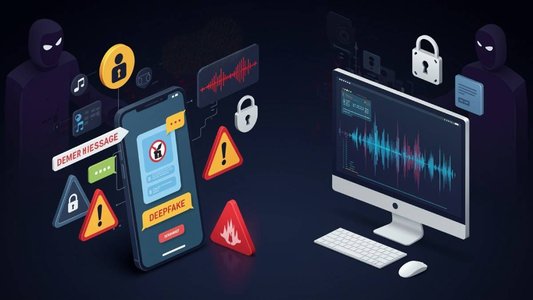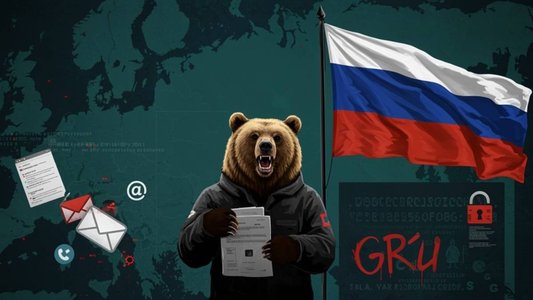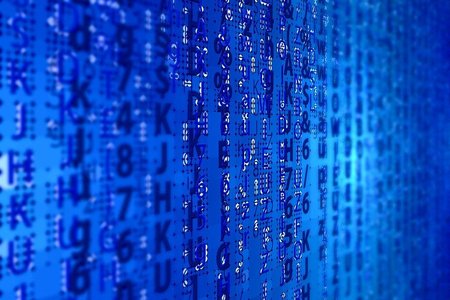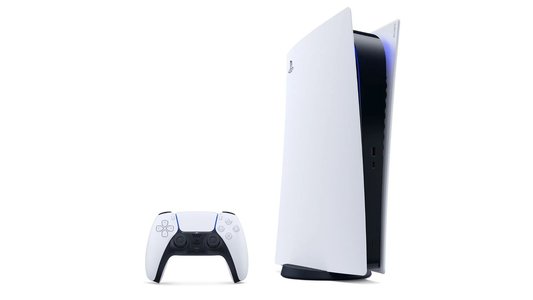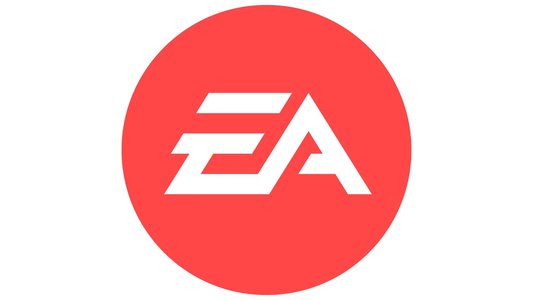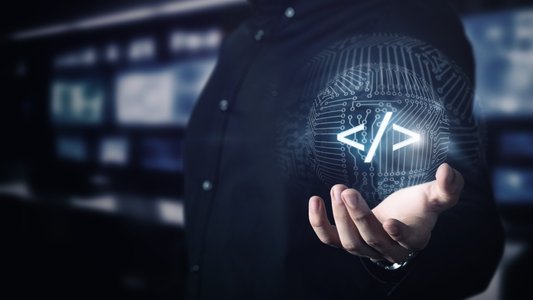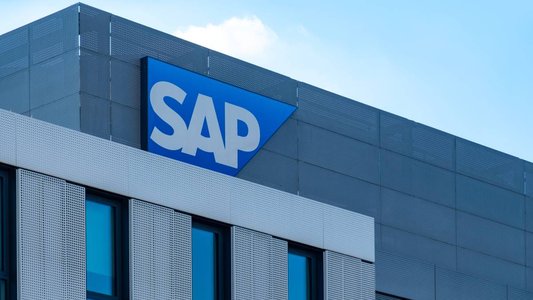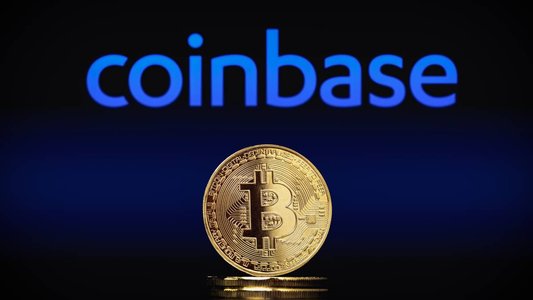In the evolving landscape of digital entertainment, Digital Rights Management (DRM) plays a pivotal role in safeguarding intellectual property. Particularly in the gaming industry, DRM ensures that developers and publishers can protect their creations from unauthorized access and distribution. This article delves into the intricacies of DRM, its significance in gaming, and how it fortifies the digital realm against piracy and cheating.
What is Digital Rights Management (DRM)?
What is digital rights management?
At its core, DRM encompasses a set of access control technologies designed to restrict the use of proprietary software and digital content. It governs how digital media is used, modified, and distributed, ensuring that only authorized users can access the content.
What Does Digital Rights Management Mean?
DRM refers to the technological measures employed to control the usage of digital content. In the context of gaming, it ensures that games are accessed and played only by legitimate users, thereby protecting the rights of developers and publishers.
What is Digital Rights Management Software (DRM)?
DRM software is the toolset that enforces these access controls. It can include license verification systems, encryption mechanisms, and online authentication processes that collectively prevent unauthorized copying and distribution of games.
Why is Digital Rights Management Important in Gaming?
Why is digital rights management important?
The gaming industry faces significant challenges from piracy and cheating. DRM serves as a bulwark against these threats, ensuring that developers can monetize their creations and maintain the integrity of the gaming experience.
Protecting Intellectual Property
DRM safeguards the intellectual property of game developers by preventing unauthorized copying and distribution. This protection is crucial for sustaining the economic viability of the gaming industry.
Ensuring Fair Play
By restricting unauthorized modifications and cheats, DRM helps maintain a level playing field for all gamers, enhancing the overall gaming experience.
Common DRM Techniques in Gaming
Several techniques are employed to enforce DRM in games:
▪ License Keys: Require users to enter a unique code to activate the game.▪ Online Activation: Validates the game copy through an internet connection.
▪ Encryption: Secures game files to prevent tampering and reverse engineering.
How to Enable Digital Rights Management
How to enable digital rights management?
Implementing DRM involves integrating specific software solutions into the game development process. Developers can choose from various DRM providers that offer tools tailored to their needs.
Integration Process
The integration typically involves embedding DRM libraries into the game's codebase, setting up license verification systems, and configuring online authentication protocols.
Choosing the Right DRM Solution
Developers must assess their specific requirements and select a DRM solution that balances security with user experience. Factors to consider include platform compatibility, performance impact, and the level of protection offered.
What Does Digital Rights Management Software Do?
What does digital rights management software do?
DRM software performs several critical functions to protect digital content:
▪ Access Control: Restricts content usage to authorized users.▪ Usage Monitoring: Tracks how content is accessed and used.
▪ Content Encryption: Secures content to prevent unauthorized access.
▪ License Management: Manages user licenses and permissions.
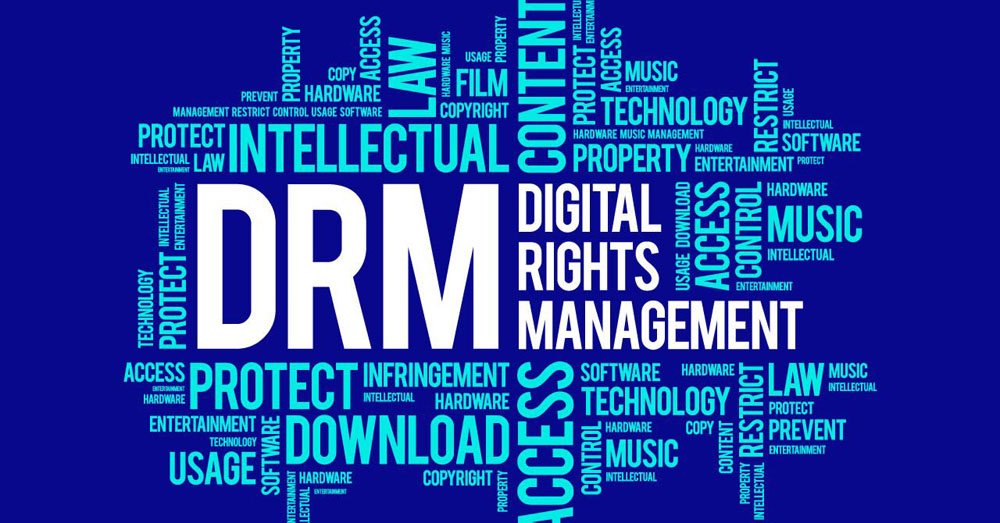
DRM and Anti-Cheat Measures
DRM often works in tandem with anti-cheat systems to preserve the integrity of online gaming environments. These systems detect and prevent cheating behaviors, ensuring fair competition among players.
Common Cheating Methods
Cheating can manifest in various forms, including:
▪ Injection Cheats: Inserting unauthorized code into the game's process.▪ Memory Modification: Altering the game's memory to change in-game values.
▪ Speed Hacks: Modifying the game's timing mechanisms for unfair advantages.
▪ Auto-Clickers and Bots: Automating gameplay actions to gain an edge.
Anti-Cheat Solutions
Anti-cheat systems employ various techniques to detect and prevent cheating:
▪ Signature Scanning: Identifying known cheat software by scanning for specific code signatures.▪ Behavioral Analysis: Monitoring player behavior for anomalies indicative of cheating.
▪ Memory Integrity Checks: Ensuring the game's memory has not been tampered with during runtime.
▪ Kernel-Level Monitoring: Operating at the system's core to detect and prevent low-level cheats.
Implementing DRM in Game Development
Integrating DRM into game development requires careful planning and execution to ensure both security and a seamless user experience.
Performance Considerations
Effective DRM solutions must balance robust security with minimal performance impact. Developers should aim for solutions that:
▪ CPU Usage Increase: Less than 0.2%▪ Memory Consumption: Less than 1MB
▪ Startup Time Increase: Less than 25ms
▪ Package Size Increase: Less than 1.3MB
Platform Compatibility
DRM solutions should support multiple platforms and game engines to ensure broad compatibility:
▪ Supported Platforms: Android, iOS, Windows, H5▪ Supported Architectures: x86, x64, armeabi, armeabi-v7a, arm64
▪ Supported Game Engines: Unity, Cocos, Unreal Engine, LAYA
Challenges and Criticisms of DRM
While DRM serves to protect digital content, it is not without its challenges and criticisms.
User Experience Concerns
Some DRM implementations can negatively impact the user experience, causing issues such as:
▪ Performance Degradation: DRM processes consuming system resources.▪ Access Restrictions: Limiting content usage across devices.
▪ Always-On Requirements: Necessitating constant internet connections.
Legal and Ethical Considerations
DRM can raise legal and ethical questions, particularly regarding user rights and content ownership. Debates continue over the balance between protecting intellectual property and preserving consumer freedoms.
Future of DRM in Gaming
As technology evolves, so too will DRM strategies. Emerging trends include:
▪ Cloud-Based DRM: Leveraging cloud infrastructure for content protection.▪ AI-Driven Security: Utilizing artificial intelligence to detect and prevent unauthorized access.
▪ Blockchain Integration: Employing blockchain for transparent and secure license management.
Conclusion
Digital Rights Management is integral to the gaming industry's efforts to protect intellectual property and ensure fair play. By understanding and implementing effective DRM strategies, developers can safeguard their creations while delivering a seamless experience to legitimate users. As the digital landscape continues to evolve, so too must the approaches to content protection, balancing security with user satisfaction. For developers looking for a comprehensive and seamless game protection solution, JikGuard Game Protection offers cutting-edge encryption and anti-cheat technology to ensure your game remains secure without compromising performance.
Why Choose JikGuard Game Protection?
√ On-Demand Security Assessment:
Not sure if your game needs encryption? JikGuard provides free security testing and reports, helping you identify potential risks through penetration testing and in-depth analysis.√ Minimal Performance Impact:
JikGuard’s encryption system only decrypts resources when needed, ensuring that files remain encrypted in the cache and have virtually no effect on loading speed or game smoothness.√ Seamless Multi-Channel Packaging:
Supports mother package encryption, meaning all sub-packages remain protected without requiring additional processing for different distribution channels.√ No SDK Required:
Unlike traditional solutions, JikGuard does not require SDK integration—simply run a command, and the encryption process is handled automatically.√ Ultra-Low Performance Overhead:
▪ CPU usage increase: <0.2%▪ Memory consumption: <1MB
▪ Startup time increase: <25ms
▪ Package size increase: <1.3MB
Ensuring a smooth and seamless gaming experience.
With JikGuard Game Protection, you can focus on game development while ensuring top-tier security against cheats, resource leaks, and competitive analysis. Protect your game today and keep your vision intact!

